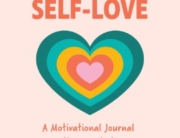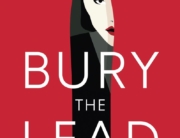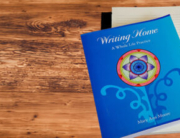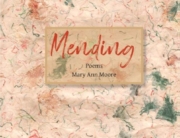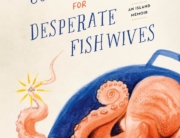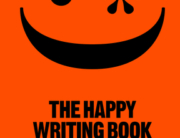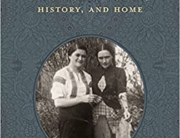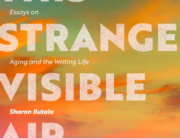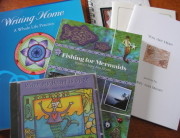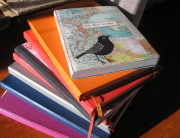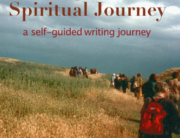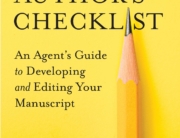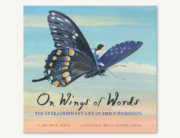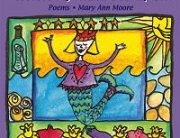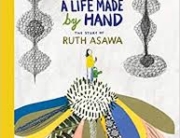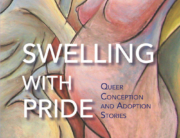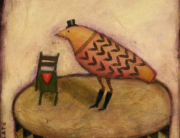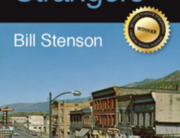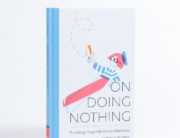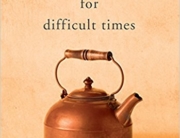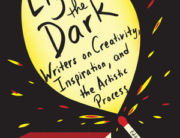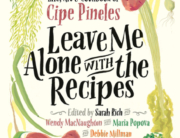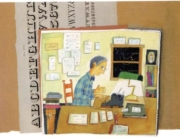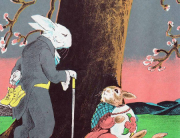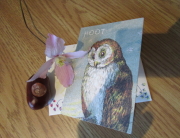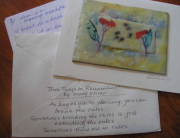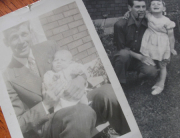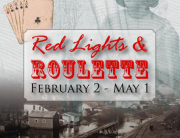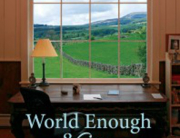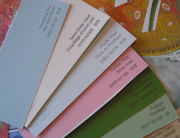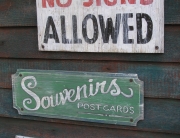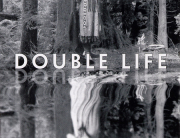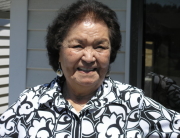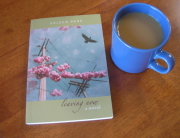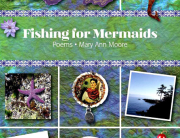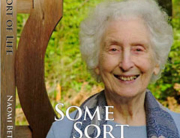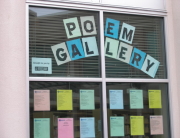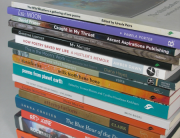I haven’t sent much of my writing out in the last year or so, except for this blog and some book reviews – oh, and an entry to that poetry chapbook contest – but I was still very interested to see Jeff Herman’s Guide to Book Publishers, Editors & Literary Agents recently published by New World Library. (I do have plans for 2017!)
I believe in listening to your own story first by reflecting, writing and developing your own spiritual practice. Writing Home: A Whole Life Practice is what I offer others to follow while I help hold that creative space for them. As I describe it: Unfold your personal story, envelop yourself with your own wisdom, live your life from that heart-deepening place.
Moving from solitude to writing in a circle is a way to find other pilgrims along the writing journey. And then, as one’s voice emerges and confidence develops, it’s time to put one’s writing into the world. We put an end to silence. We move the story into action as one of my mentors, Christina Baldwin, has said.
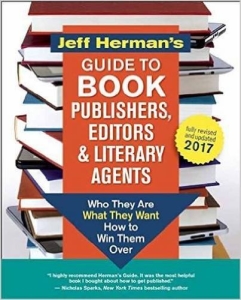 Jeff Herman opened his literary agency in the mid-1980s and has made nearly 1,000 book deals. The Jeff Herman Agency, LLC is in Stockbridge, Massachusetts.
Jeff Herman opened his literary agency in the mid-1980s and has made nearly 1,000 book deals. The Jeff Herman Agency, LLC is in Stockbridge, Massachusetts.
I appreciate the large print of the Guide to Book Publishers which makes it a welcoming resource and the language is conversational and accessible. A few of the articles in the “Advice for Writers” section immediately caught my eye.
One of them, “When Nothing Happens to Good (or Bad) Writers” is also known as “Ignored Writer Syndrome (IWS).” Receiving a “rejection letter” means you’re “in the game” as one writer told me years ago. The non-response though, is hard to take. If you’ve ever worked in an agent’s, editor’s or publisher’s office, you’ll know about the overtime hours without overtime pay that doesn’t allow time to reply to everyone.
Jeff’s message is to “not allow being ignored to diminish your dreams and goals. It’s simply a part of the process and part of the emotional overhead you might encounter on your road to success.”
A chapter about “Literary Agents” lets you know “what they are and what they do.” Jeff and his wife and business partner Deborah Herman have included “Write the Perfect Query Letter” with some good tips such as having letterhead with your own logo “to create an impression of pride, confidence, and professionalism.”
In one of the chapters, Jeff lets readers know you can appoint yourself as your agent and be your only client. I did that in the nineties when I sent out a query letter to publishers about a novel I had written called Ordinary Life. I had started by showing my manuscript to a few agents. I remember Toronto literary agent Anne McDermid liking my manuscript but she didn’t think she could sell it internationally.
It felt good having an agent look at my novel and walking over a few streets in Toronto’s Annex to her house to pick up the manuscript! The next step I took was to write to publishers about the novel. Some wrote back and wanted to see the whole thing or just a portion of it to begin. Imagine an editor at Knopf reading Ordinary Life three times!
Although the novel wasn’t published, a couple of excerpts from it were published in Prairie Fire, a literary journal based in Winnipeg. I let go of the novel then and moved on to other things. A few of the characters haven’t let go though and I’ve been working on poems about a couple of them in the last couple of years.
So that query letter is important whether you’re acting as your own agent or enticing an agent or editor to pick up your project.
As for nonfiction books, you don’t have to write the whole thing before you pitch it to an editor or agent. “The Knockout Nonfiction Book Proposal” chapter lets you know everything you need to know about that one.
I appreciated “The Writer’s Journey: The Path of the Spiritual Messenger” by Deborah Herman who considers herself a mystic literary agent. She is the author of Spiritual Writing from Inspiration to Publication (Atria, 2001), currently being updated “to reflect the digital age.”
“It’s human nature to look into your own future, but too much projection can get in the way of what the writing experience is all about. The process of writing is like a wondrous journey that can help you cross a bridge to the treasures hidden within your own soul,” Deborah writes.
Some people have spoken to me through the years about their book idea and they’ve jumped ahead several steps to the publishing stage before they’ve actually written the book. It all starts with you alone in a room or at a table, writing what matters to you. Never mind if anyone else sees it, at first.
Years ago I made note of something New York editor Betsy Lerner said in her book The Forest for the Trees (Penguin, 2000):“Today too little is made of all the writing that doesn’t seek publication, all the letter writing, e-mail sending, recipe copying, and diary keeping — all the writing that minds our lives. Now there is a great emphasis on turning one’s diary into a published memoir or novel, and any number of books will advise you how to do so. But I believe there is still enormous value in the piece of writing that goes no farther than the one person for whom it was intended, that no combination of written words is more eloquent than those exchanged between lovers or friends, or along the pale blue lines of private diaries, where people take communion with themselves.”
Lovely, don’t you think, that “writing that minds our lives”?
Deborah includes a writer’s prayer in her essay as she says “Prayer helps to connect you to the universal source.” I suggest anything that helps you designate your writing time as separate and special from other tasks. You could light some sage for instance and that “holy smoke” could let others in your household know, Do Not Disturb.
“Spiritual writing as a process does not necessarily lead to a sale,” as Deborah points out. That’s the case with all the writing we do. If you do publish your work and there’s a book out there in the world, many have said the writing process was much more exciting than the editing and publishing. And then there’s the marketing aspect which is very different from sitting in a room alone.
Jeff Herman has included an article in his guide about PPDS: “Post-Publication Depression Syndrome.” I haven’t seen anything written on this topic but I’ve heard from writers that while the signing of a contract with a publisher may be exciting, the arrival of a box of books, even if they’re yours, doesn’t live up to those heady days of being “accepted.” As Jeff says: “Everything preceding the point of publication involves drama, excitement, and anticipation.”
While some writers have been invited to appear on talk shows and at celebrity parties, most have found publication to be “surprisingly uneventful.” As for readings, most writers have stories about travelling to out-of-the-way places where the organizers (the store owner, or librarian) are the only people there!
Jeff doesn’t make suggestions for writers with PPDS beyond seeking out other “published writers in pain.” It is a good idea to get together with other writers and just discuss what’s going on. Writing is a solitary occupation and to hear from others about the process can help you feel you’re not alone.
Part 2 includes “Publishing Conglomerates” known as “The Big 5.” Little, Brown and Company; HarperColllins Publishers; and Penguin Random House are among them.
Part 3 is made up of a listing of the “Independent Presses” in the U.S. New World Library is included there and as with the other listings, there’s a description of subjects they’re looking for, their website, and the names of the Editorial Director. And look there’s Jason Gardner, Executive Editor, to whom I actually sent a book proposal in the past. And yes, I got a very nice response but alas, no contract. That was for Writing Life which is doing well as a self-published book for my mentoring program.
University Presses (US) have a separate section and Part 5 is a listing of Canadian Book Publishers. Greg Ioannou, President of Colborne Communications in Toronto, has written the introduction. As he points out, “Publishers are less frustrated by poor writing than they are by poorly executed submissions.”
Our West Coast publishers are among the listings such as Arsenal Pulp Press, Harbour Publishing, Heritage House Publishing, New Society Publishers, Oolichan Books, Orca Book Publishers and Ronsdale Press. There are Canadian publishers not listed here so best to have a look at Canadian books you’re reading and see who the publisher is if you’re hunting for possibilities. And attend readings to learn more about what’s being published and who’s doing the publishing. This is a good way to find out about the various poetry presses for instance.
The section on Literary Agents is a detailed one including the kinds of work they represent, how they want writers to pitch to them, how they became literary agents and various other answers to posed questions that give their opinions on publishing and reveal what they like to do on their own time.
As for Canadian literary agents, you can find a list of them through the Writers Union of Canada.
Part 7 is a listing of “Independent Editors.” These are people who are qualified to help improve your book proposal and/or manuscript. Many writers take this step first before finding an agent.
A Glossary ends the book. Wouldn’t we writers like to add “advance,” “author tour,” and “bestseller” to our personal glossary? As I’ve had a book of poetry published (Fishing for Mermaids by Leaf Press, 2014), I can add “book contract” and “royalty” to mine.


